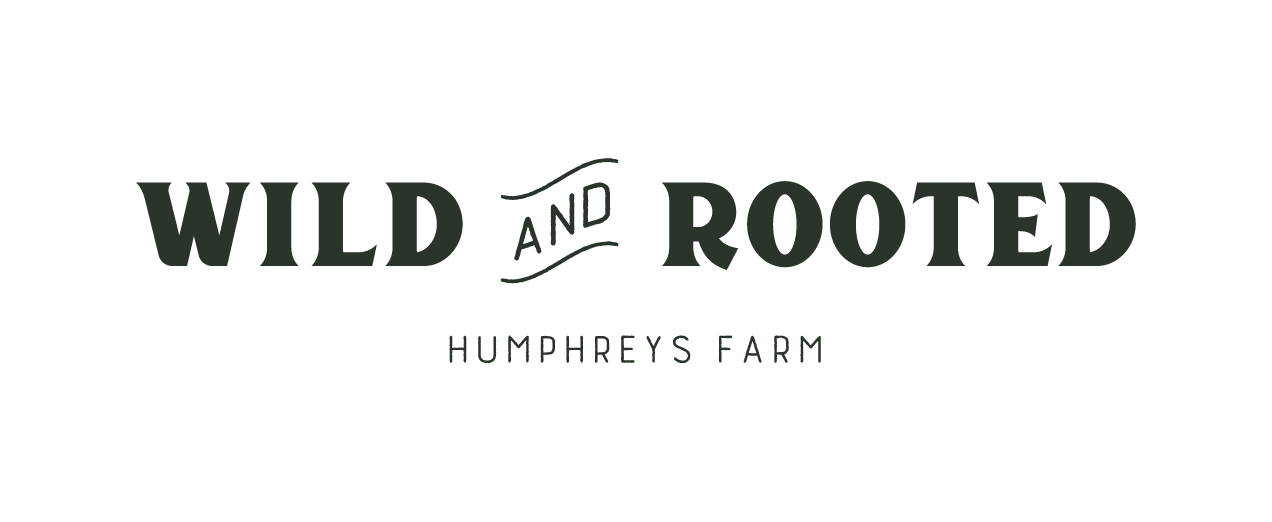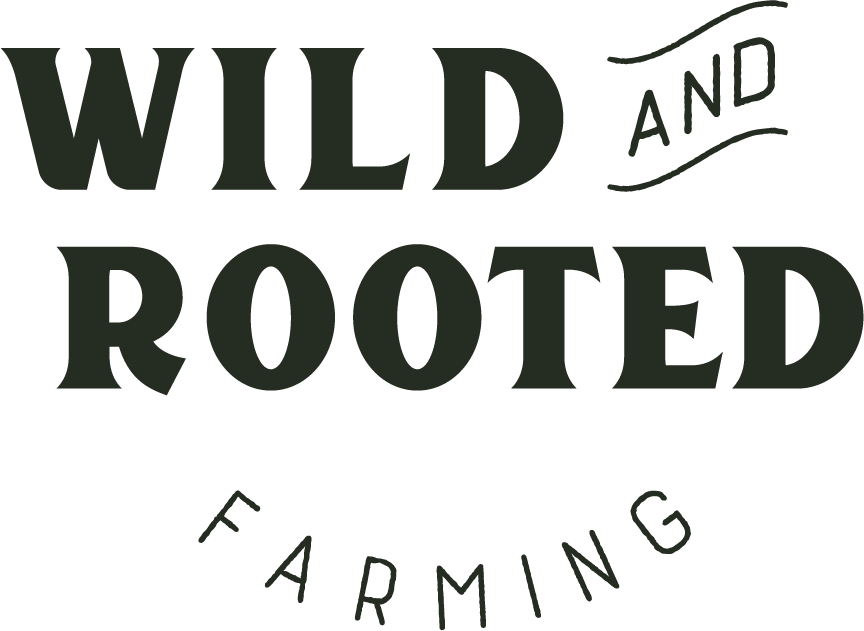Our thoughts on Veganuary
A lot of people will see Veganuary as simple as it seems; a 31-day pledge to go meat free – whether that’s for environmental or welfare reasons or just a change in diet after a big festive blow out. It’s pretty hard to escape Veganuary as it dominates headlines with food manufacturers, restaurants and supermarkets catering to the movement. Every TV ad break contains a handful of plant-based meat alternatives at the moment – but maybe we’re just a little more sensitive to it because of what we do? Can you ignore the noise or is it making you question what you eat?
I had big intentions of creating a whole January’s worth of blog posts, social posts and emails to do our bit in a rebuttal to all the messaging that Veganuary brings. But, even as I type this, I find it hard to get down into words all the reasons why I can’t get on board with Veganuary – there are so many layers to it, and I for one, am still trying to understanding them all myself. I write this blog post more from a consumer’s point of view and welcome any positive discussions that may come of it…
I may not be taking part in a meat-free January, however, I am all for consuming less (of everything, not just meat) as well as being conscious of how the food we eat as a family is produced. I’ve come to realise it’s not necessarily the movement that grinds my gears – it’s more the hype around it. The plant-based meat alternatives, the judgement/guilt and the fact that January is a slow month for seasonal fruit and veg in the UK. But then that’s the big business media/marketing world all over isn’t it? Scaremongering, guilt-tripping and… with very little reliable information to back it up – all whilst offering us their alternatives to appease that guilt. Alternatives that can have a detrimental effect on our health and a bigger impact on the environment than if you just ate simple seasonal food produced locally, and, less of it.
A theory was discussed on the Holistic Land Management course Sam took part in last year. Imagine we’re all somewhere on a spectrum of discovery when it comes to what we eat. We are all at different stages in our relationship with food; personally, culturally and even when it comes to different governments and guidelines. There is no ‘one size fits all’ fix to consolidating the effect our diets have on the environment. There are so many variables between us as to what we choose to eat, and how we buy it. However, for some, Veganuary could be the start of their own personal journey into realising the importance of food and the impact of it on the environment, and if that starts with a meat free January, I’m all for it.
There are some wonderful counter-arguments to Veganuary floating around which is always refreshing to see. The Ethical Butcher, an online butcher championing Regenerative farming methods and it’s produce, has created ‘Regenuary’. It promotes a 31-day pledge to eat food only produced using regenerative farming practices. Perfect to help grow the consumer demand for regeneratively-sourced products. It also shines a light on encouraging people to understand that it’s not necessarily ‘what’ we consume but ‘how’ it was produced. Again, another great way for people to spark that interest in learning about the impact of their food consumption.
For us, currently, it’s about embracing a gradual lifestyle shift rather that a radical change in diet for just 31 days. I’m bored of Veganuary being about fake foods, debate and negative discussions on what we do for a living. So regardless of your dietary choice, if you’re looking to make change as a consumer; don’t listen to the hype from main-stream media, just do your own research on the food you eat, from the people or companies you buy it from. You’ll be able to make your own informed decisions from there.
So many of our customers understand and appreciate the food system and what’s involved in getting food onto their plates. But, if you’re at the beginning of that discovery, here are some simple steps which we think are a great place to start:
Buy direct from small producers wherever possible – it gives you the opportunity to ask questions and understand about how it was made/produced.
Source as much of your food and drink locally
Minimise the impact of transportation and buy from British suppliers.
If you want to read more on the complexities of Veganuary I would suggest having a look at the blog posts from The Ethical Butcher. Thought provoking and full of digestible facts. We’ll be holding more farm walks this year as an opportunity for people to ask questions on how our beef is produced – but if you can’t wait until then just send us an email, we’d love to hear from you.
Thanks for reading our thoughts on Veganuary...

